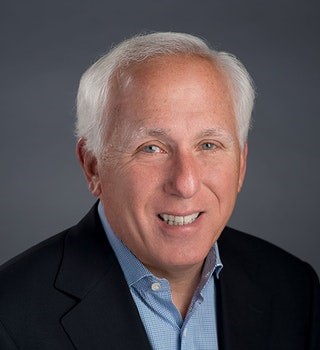There were many insurance claims filed after the 2005 hurricanes that devastated Florida, Louisiana and Mississippi. Although many different legal issues arose in the ensuing insurance litigation, a bad faith case in Louisiana revolved around the issue of whether the insurance company applied the correct deductible. This week I will explain the Fifth District Court of Appeals’ March 2011 holding in SEACOR Holdings, Inc. v. Commonwealth Insurance Company.
SEACOR owns and operates marine and aviation assets servicing the transportation and oil-and-gas industries worldwide. Commonwealth issued an all risk insurance policy to SEACOR for 2005. In October 2005, Hurricanes Katrina and Rita caused substantial damage to Seacor’s property. After filing a claim, Commonwealth honored the policy and issued several payments totaling more than $4 million dollars. SEACOR claimed that additional funds were due because Commonwealth applied the wrong deductible to the claim.
There were three types of deductibles in the policy:
(c) In respect of loss caused directly by the peril of Windstorm, as defined: $25,000…
(d) In respect of loss caused directly by the peril of a “Named Windstorm”, as defined, 3% of the total insurable values…subject to a minimum of $50,000 per occurrence
(e) In respect of loss caused directly by the peril of Flood, as defined: $25,000….
At the heart of the bad faith litigation filed by SEACOR against Commonwealth, was whether SEACOR’s damages were caused by windstorm, named windstorm or flood. SEACOR argued a Named Windstorm caused its losses. Commonwealth argued that a “multi-peril occurrence” caused the losses so the deductibles and liability limits for both flood and named windstorm applied. When evaluating the policy and arguments made by the parties, the district court determined that the flood liability limits and deductibles did not apply because the named windstorm’s percentage-based deductible structure already included the possibility of greater damages and a correspondingly higher deductible. Accordingly, the Court ruled that only the limits and deductible for a named windstorm should be applied to SEACOR’s claim.
SEACOR also alleged that the claim was adjusted in bad faith because Commonwealth misinterpreted its own policy and, as a result, it should be liable for penalties based on applicable Louisiana statutes and precedent. However, SEACOR presented no evidence that Commonwealth acted arbitrarily or capriciously beyond its inconsistent reading of the provisions in policy. Noting that Commonwealth promptly paid Seacor over $4 million to cover undisputed damages and sought judicial assistance to resolve disputes regarding the policy deductible and liability limits, the Fifth Circuit Court of Appeals upheld summary judgment in favor of Commonwealth on the issue of bad faith.




